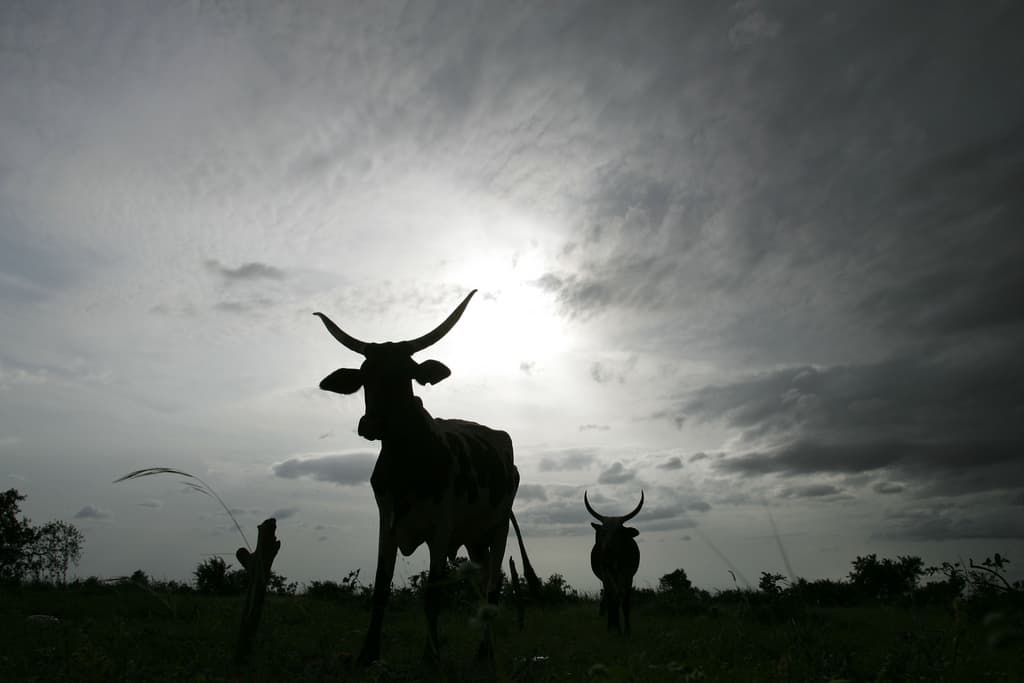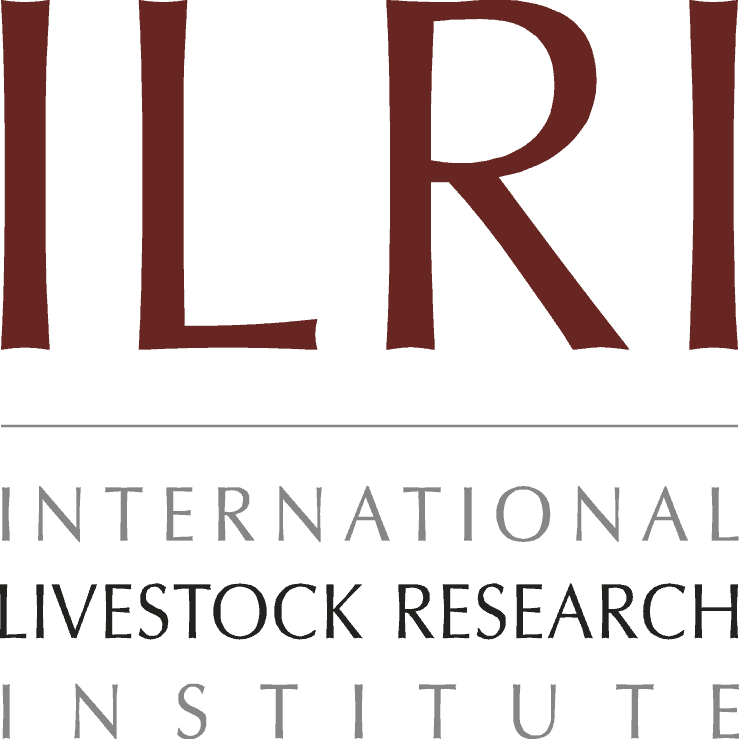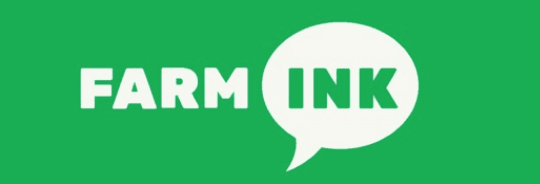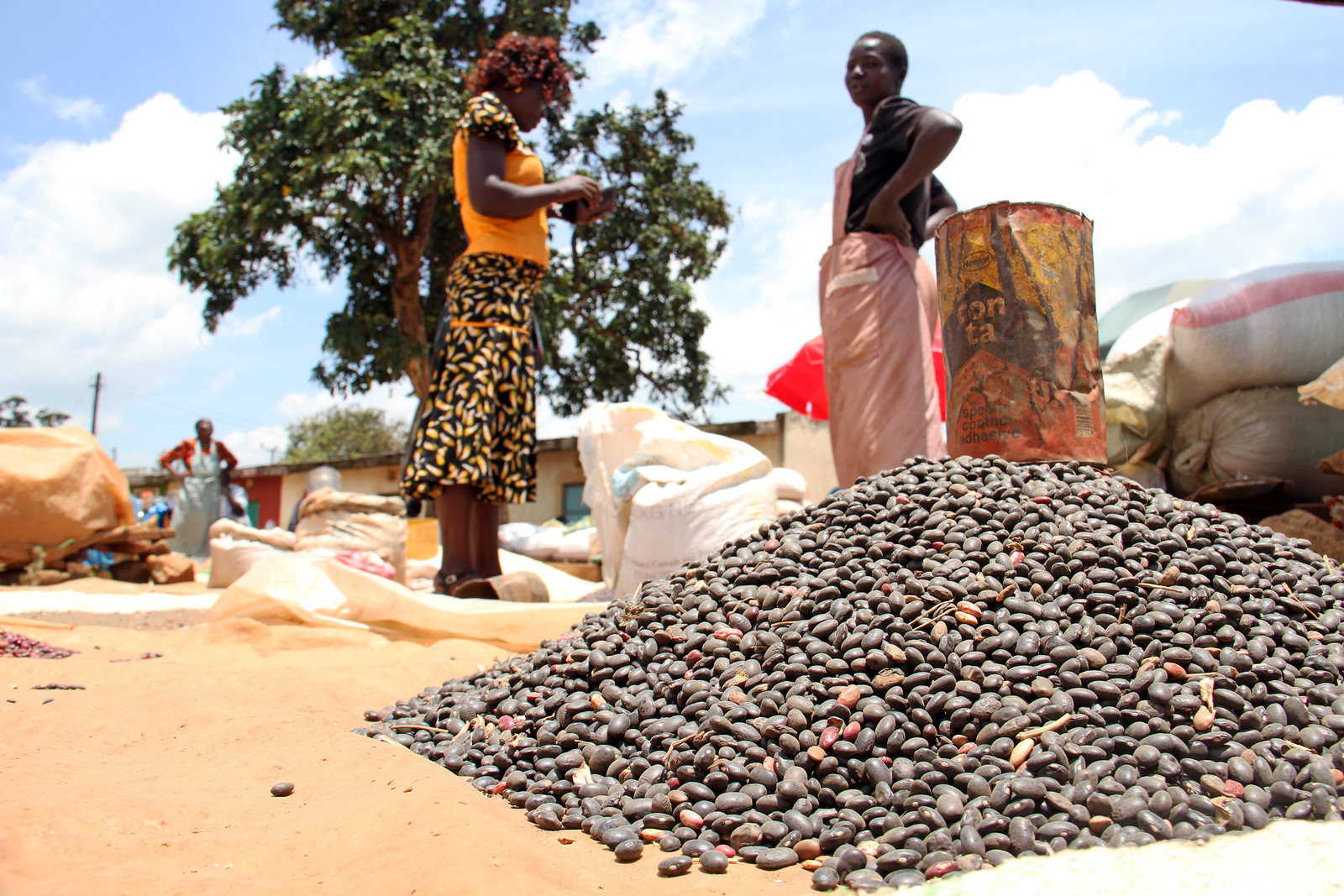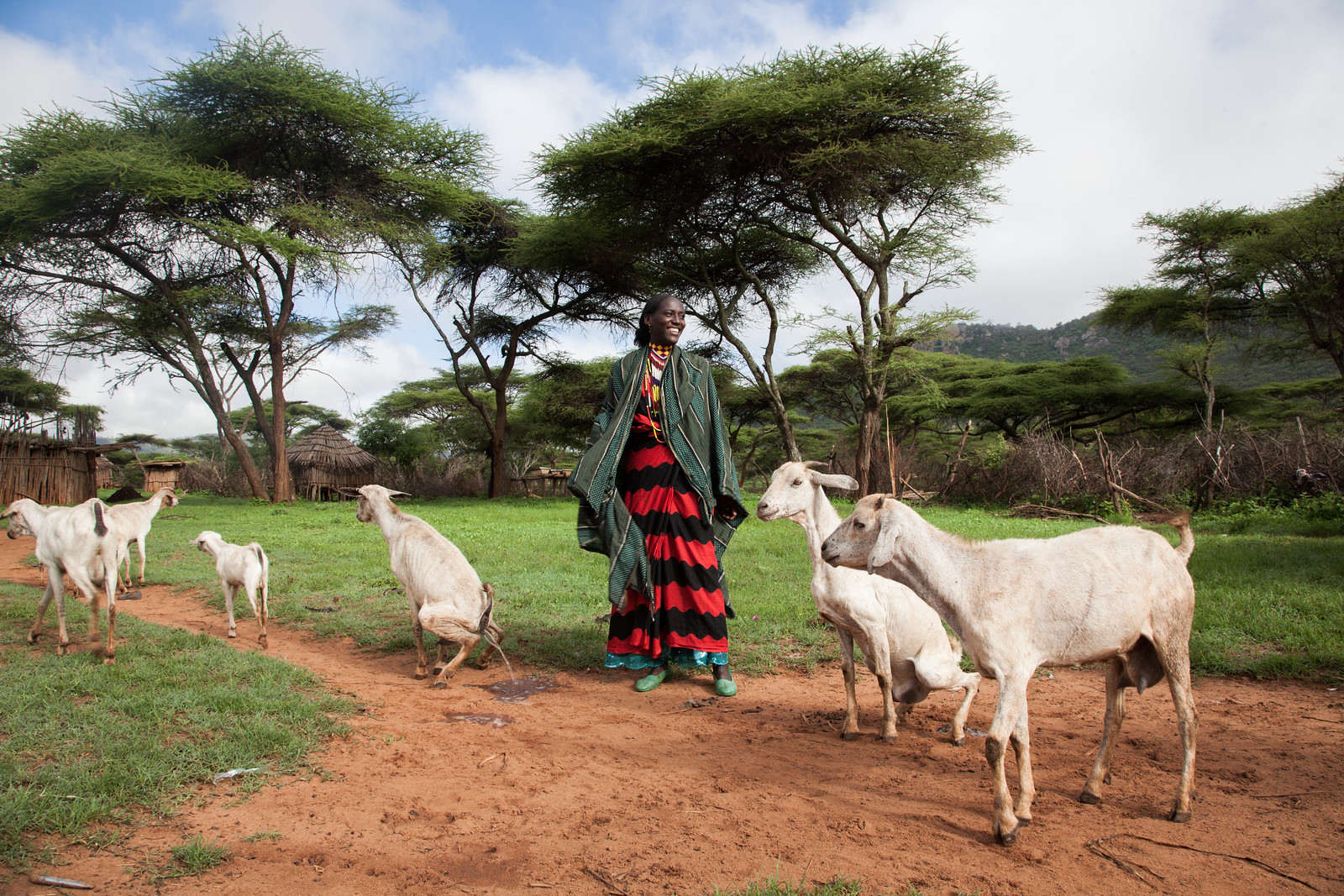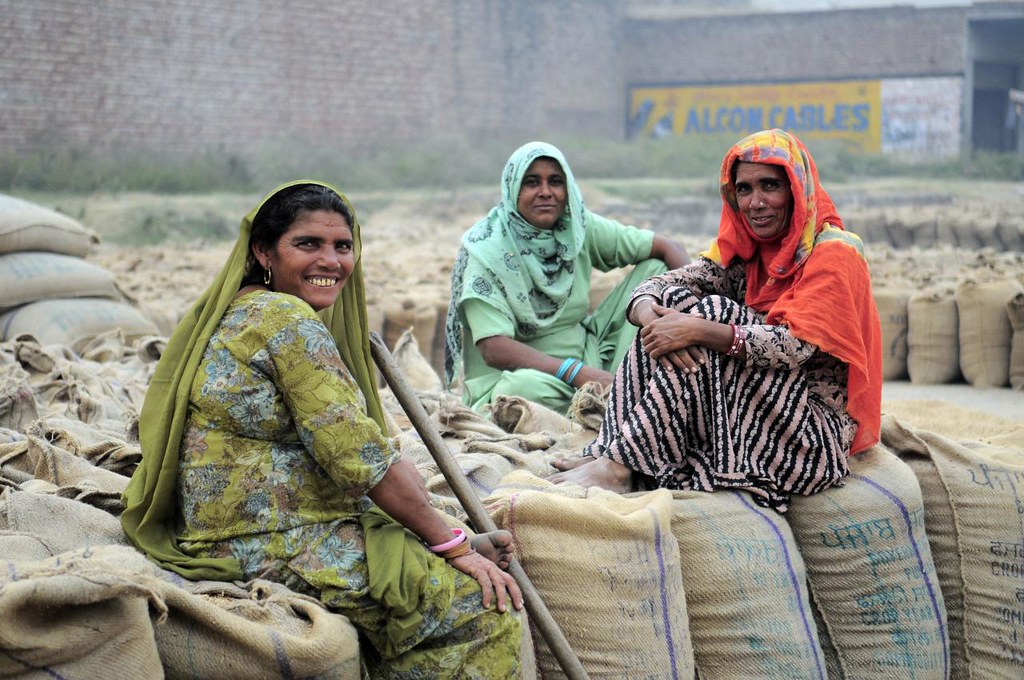COVID-19 Rapid Response Grant
Herd opportunity
Sub-Saharan Africa

This project rapidly deployed an interactive digital course “Ensuring Dairy Herd Hygiene” to train livestock farmers on how to prevent the spread of infectious diseases both on and off the farm. The course was created and deployed by the team at ILRI in less than two months using the digital training platform Learn.ink. Learn.ink is a tool to rapidly generate and distribute fun, interactive and engaging training over a smartphone. The platform provides real-time analysis of user data: tracking improvements in learning outcomes, survey answers, and other key metrics.
As farmers make their way through the Ensuring Dairy Herd Hygiene course they generate detailed data on hygiene practices and infection risk which is displayed on the Learn.ink real-time data dashboard. COVID-19 interventions must be deployed rapidly in a scalable and replicable way and by building on an existing platform and user network the team began to see results within ten weeks of starting the project. The course was piloted in Kenya and reached nearly 10,000 livestock farmers within the first four months. More information about how the courses were created, the results of the user testing and the learning outcomes can be found in the case study: Training 10,000 Kenyan dairy farmers in calving and herd hygiene.
More about the project
Many of the most important measures to prevent the transmission of COVID-19, such as hand washing, are vitally important practices in maintaining healthy livestock. This project sees livestock farmers as the perfect nodes through which to spread awareness of hygiene and infectious disease within their communities. By developing training in the context of animal infectious disease, this project also trains livestock farmers to manage not only the spread of SARS-CoV-2, but many other diseases that spread among humans and livestock.
Buoyed by the success of this initial pilot, the ILRI team began working on two additional courses to teach farmers how to better care for their calves. The courses have also been translated into Swahili to make them more accessible for a Tanzanian audience. Once all courses are completed ILRI will start distributing the ADGG Dairy Tool through their networks of hundreds of thousands of farmers across East Africa.
Team members
Julie Ojango, ILRI, Senior Scientist
Okeyo Mwai, ILRI, Principal Scientist
Bernard Bett, ILRI, Senior Scientist
Georgia Barrie, Farm.ink, Co-founder
Adam Wills, Farm.ink, Co-founder
Inspire Challenge Team:
About the Rapid Response Grants
In response to the food security issues brought about by the COVID-19 pandemic, the Platform made funding available for agile, big-data enabled projects working to tackle food system challenges. The Inspire Challenge Rapid Response Grants, totaling up to USD100,000, were available to current or previous Inspire Challenge winners.
Farm.ink and ILRI’s successful partnership was created through the first Inspire Challenge grant and continues to this day. Both parties bring a unique set of skills and expertise to the project. The Farm.ink team are experts in building mobile solutions for smallholder farmers in the developing world and have developed a platform (Learn.ink) that enables the rapid deployment of training content to farmer smartphones. As a world-leading organisation in livestock research, ILRI is best placed to deliver high quality, actionable training content and to design a robust M&E framework to measure the impact of this content.
This project builds on a longstanding partnership which will ensure both its success and longevity.
Gender dimension
Early metrics from the project’s digital training courses indicate that the majority of participants are between the ages of 26 and 35, with participants ages 18 to 25 being the second largest category. Approximately 20% of participants are women, and efforts are underway to fund a targeted online campaign for women farmers in order to increase their participation in the digital training courses.
The team’s gender-disaggregated data will enable them to shed light on important questions regarding women livestock keepers, such as: Are women more or less likely to be aware of current government health guidelines? Are women more or less likely to be aware of animal hygiene best practices? How do learning outcomes vary by gender?
Project timeline
MAY 2020
The team created two digital courses (Helping your Cow to Calve and Ensuring Dairy Herd Hygiene) using ILRI’s existing materials.
These courses were created using the Learn.ink platform which turns static course content into a fun and engaging web app.
JUNE 2020
The team ran detailed user testing interviews and iterated the course content based on feedback from these target users. You can hear this feedback directly from farmers in the case study.
JULY - AUG 2020
The project officially kicked off and the first cohort of dairy farmers in East Africa began the digital training courses. 58% of registered users are located in Western Kenya, and the digital courses are rated an average of 4.7/5 stars by users.
You can read more about the learning outcomes in the case study.
JAN 2021
The courses were translated into Swahili.
FEB - MAY 2021
Two additional courses were created: Raising Healthy Calves 1 – Feeding & Housing and Raising Healthy Calves 2 – Routine Practices.
MAY 2021
The Farm.ink team is building a new feature in the Learn.ink platform that will enable automatic re-engagement of users via SMS and in-app notifications to drive course completion.
The ILRI team continues to use the Learn.ink platform to improve course content, based on user feedback, and create new course material
All the Rapid Response Grant Winners

